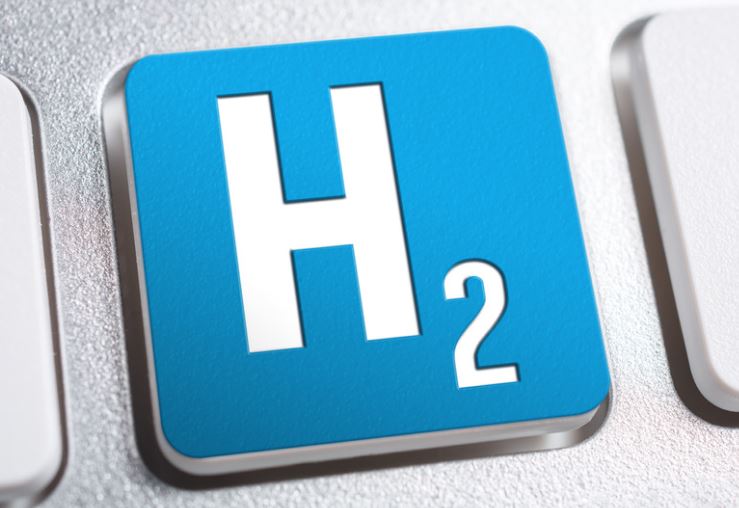High-temperature proton exchange membrane fuel cells (HT-PEMFCs) are gaining attention in hydrogen energy research due to their operational flexibility and efficiency.
Recent studies indicate that these cells can significantly improve energy systems, yet the challenge lies in achieving optimal start-up conditions. A recent study explores innovative strategies for enhancing the start-up process of HT-PEMFCs, which are crucial for their broader application.
HT-PEMFCs typically operate using polybenzimidazole (PBI) and phosphoric acid membranes, eschewing the need for water, enabling usage at temperatures above 100°C. This high-temperature operation confers benefits such as increased tolerance to contaminants like carbon monoxide and sulfur compounds, which are prevalent in reformate gases. Additionally, the absence of water management requirements and the potential for high-value cogeneration heat use present compelling advantages.
However, the realization of these advantages in practical applications encounters roadblocks such as the degradation of the PBI membrane, loss of phosphoric acid, and catalyst condensation. These issues, combined with a historically sluggish start-up process, have slowed commercialization efforts for HT-PEMFCs.
The focus of the study in question was to address start-up limitations. By developing a single-cell HT-PEMFC and a three-dimensional multi-physics numerical model, researchers assessed various strategies. Their findings highlight that an optimal startup strategy involves combining an inlet gas temperature of 150°C with a heating plate at a power density of 1200 W/m2. This approach minimizes energy consumption and mitigates temperature discrepancies across the membrane electrode. The potential to incorporate heat recovery further reduces energy use, contingent on whether prioritizing consumption or start-up time is preferable.
Key data underscore the importance of improving start-up mechanisms. For instance, the use of heated gas alone initially improves start-up speed but reaches diminishing returns as the temperature increases. Conversely, heating plates provide better temperature uniformity but also face limitations without supplemental strategies.
The membrane electrode assembly, a core component affecting fuel cell performance, requires meticulous attention. The study delineates methods like the Catalyst Coated Membrane (CCM), highlighting how these influence system efficiency. Any enhancement in this area directly impacts start-up time and overall performance.
Fundamental modeling assumptions in the study focus on mass and momentum conservation within porous media. The equations used for conservation highlight the complexity involved in energy and species interactions during start-up. These insights provide a framework for understanding and improving cell dynamics in real-world conditions.
Strategically, addressing start-up not only involves examining energy consumption but also the interplay of variables such as flow rate and voltage during the initial phase. The study suggests that while standalone measures like preheated gas and electric heating show promise, their integration into a coherent strategy tailored to specific application needs is crucial.








